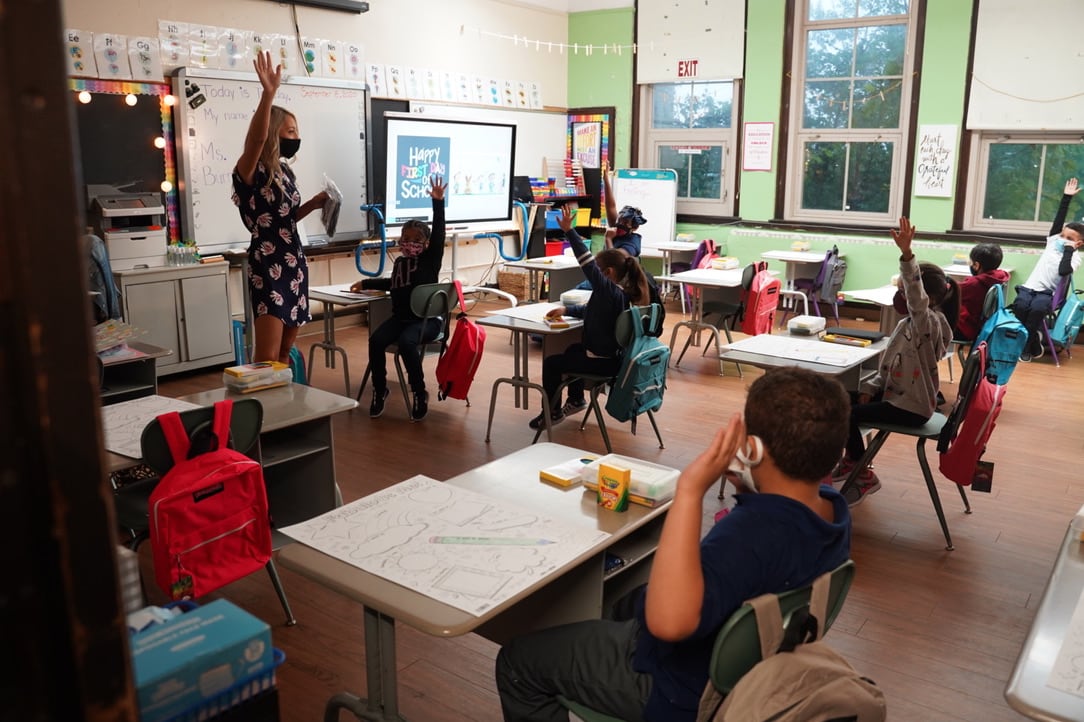The Detroit school district is considering pausing in-person instruction and closing its learning centers for a week after spring break to give students and staff time to isolate themselves in case they’ve been exposed to COVID-19.
“We know extended families will be visited. We know churches will be open,” Superintendent Nikolai Vitti said during a media conference Wednesday afternoon. “We are concerned about the infection rate.”
The increase in positive COVID-19 cases in the city and across the state is already raising concerns among some school leaders.
The Detroit Public Schools Community District will be on spring break during the week of March 29. If the district does pause, students would return in-person on April 12 instead of April 5. They would learn online during the week of April 5.
Staff would need to obtain a negative COVID-19 test in order to return April 12. The district is also looking to implement a randomized COVID-19 testing program for students that would include saliva tests instead of nasal swab tests.
Such testing, Vitti said, “may be one of those last safety precautions we can implement in addition to the vaccine to bring more of our students and employees back.”
After shutting down in-person instruction in November, the district reopened its learning centers, where students can take their classes online with supervision from a staff member, in late February. On March 8, the district reopened for face-to-face instruction, with students learning in the same classroom with their teachers.
On average, Vitti said, about 9,000 students have returned to attend the learning centers and in-person instruction. Only about 1,000 students are receiving full-time, in-person instruction. The rest are either attending the learning centers full-time or receiving a mix of in-person instruction and online classes.






